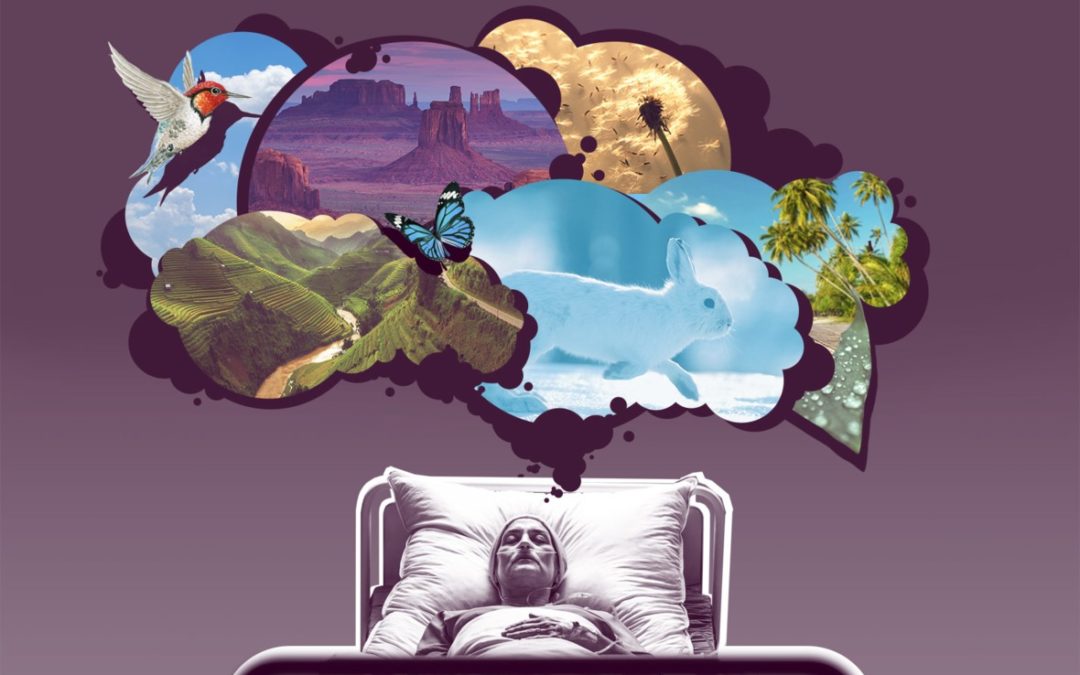Alison Spodek Keimowitz was diagnosed with lukemia at 37, and given a 25% chance to live. Her beautiful essay in Slate describes how she came to terms with her brush with death and the inevitable changes and deaths we face on a rapidly changing Earth. Keimowitz teaches environmental science and chemistry at Vassar College.
Inevitably, the climate will warm; whole ecosystems will be lost; and someday, there will be a last generation of humans on Earth. But the years we can postpone each loss, and each wild place and creature saved, are incalculably valuable. And so I keep teaching, and processing, and working to stave off the inevitable. I don’t know if any of those things will truly prevent catastrophic changes on Earth; I suspect not. But I give these gifts freely, hopefully, and in the knowledge that they are all I have to give. Nothing we can do will prevent the Earth from being deeply transformed. Maybe the next generation, my children or grandchildren, will be the last to live in large-scale human civilization. Or, maybe the efforts of me, my students, and millions of other like-minded folks will push back the inevitable collapse for another 100 years, or 500 years, perhaps allowing us to coexist longer with the wonder of wild places and creatures. There is no preventing the inevitable, but the delay is precious. It is all we have.
The illustration for the essay was created by designers at Slate.


Thank you! We can only keep making better personal choices by keeping this bigger picture in mind.